
NAIROBI — At a time when many people are compelled to move away from their home base for various pressing reasons, it’s comforting, and even exciting to discover that it’s possible to restore the livelihoods of their communities and give them a compelling reason to return with pride to their homes. It’s so awesome to find out that the threats of the aftermath of negative human actions such as climate change, loss of soil and biodiversity can be effectively reversed.
The discussions at the Voices of the Landscape plenary hosted by the Global Landscapes Forum (GLF) in Nairobi this week were nothing short of a declaration that the trending call for forest landscape restoration is valid and worthy of attention. This plenary was a very important aspect of Day 1 of the GLF which was held at UN Environment headquarters at the United Nations Office, Nairobi (UNON) on the 29th and 30th August 2018. Participating organizations included GIZ, the Sustainable Trade Initiative, the Young Professionals for Agricultural Development (YPARD), the Food and Agriculture Organization of the United Nations (UN FAO), amongst others.
Concepta Mukasa, the program manager of Forestry and the Environment, Daniel Kobei, the executive director of Ogeik Development, and Zipporah Matumbi of Voices of the Landscape were among the speakers at the plenary. The program officer of northern Burkina Faso’s Tiipalga Association and Haidar El Ali, the president of Oceanium were speakers on this plenary, too. They shared their success stories on how they have contributed to the restoration of lands in their communities on a practical level.
The motivation
The speakers’ passion for their people and their eagerness to help them find impeccable solutions to their needs drove them to be champions of restoration in their own right. The wide range of social and economic challenges which result from environmental degradation have been a major concern for them.
After carefully looking at her own community, Zipporah noted that the suffering of women in rural communities enduring the arduous task of walking long distances to fetch water and firewood for their household activities. She attributed this as a result of the destruction of natural forests through the indiscriminate dumping of refuse in forests. In another instance, El Ali expressed how he was appalled by unsustainable fishing methods that use explosives.
A light at the end of the tunnel
The plenary revealed that it’s important to view restoration from the perspective of its social and economic repercussions. It’s alarming to know that annually, $6 trillion worth of global food production is lost to land degradation. The panelists shared their experiences and how this had led to sustaining productivity and helping raise the standard of living in their communities.
The action: you’ll never walk alone
In Zipporah’s case, she started sharing her knowledge about the implications of restoration with women in and around her community. Currently, through the effort of planting of trees, they are now all contributors to the improvement of livelihoods in their community.
But, have you ever considered working with the ecosystem to revive it? Well, El Ali and his group of volunteers are working effectively to do so. They catapult seeds of fast-growing trees into their forests so that animals, in turn, disperse them further into the forest through their droppings after consuming them.
Power to the people! Scaling it all up
It’s necessary to make the agenda of restoration the responsibility of the affected people which is made possible through knowledge sharing and capacity building on the effective use of suitable technologies. However, these technologies should be deployed with simple techniques as it is essential to transfer skills at the local level. When a restoration movement is intensified, the community will attest to the results, and develop an interest in the cause which leads to them taking ownership of the movement.
Going forward
Are you restoration ready? Would you want to inspire someone to join a movement which will eventually help keep Africans in Africa? Are you ready to let your peers see trees in the ecosystem as a vital resource that sustains our world? I bet you are. It’s possible; it can be done! It must be done, by you, by me, by all of us!
About The Writer:
Kofi Kisiedu Acquaye is the program officer for the Young Professionals in Agricultural Development, Africa (YPARD Africa) which is hosted by the secretariat of the Forum for Agricultural Research in Africa (FARA) in Accra. He coordinates the activities of YPARD’s country chapters in Africa aimed at enabling and empowering young agricultural leaders to shape sustainable food systems. He has a Bachelor of Science degree in Post Harvest Technology from the Kwame Nkrumah University of Science and Technology (KNUST) in Kumasi, Ghana.
Kofi’s passion for working with youth in agriculture made him all the more interested in participating in GLF Nairobi 2018. He believes youth are not the future of the world. He believes youth have an important role to play in the movement of landscape restoration and sustainable agriculture.
YPARD is an international movement by Young Professionals for Young Professionals for Agricultural Development. This global online and offline communication and discussion platform are meant to enable young professionals all over the world to realize their full potential and contribute towards innovative agricultural development.
Connect:
Website: www.ypard.net
Twitter: @YPARD and @YPARDAfrica
Facebook: Young Professional’s Platform for ARD and YPARD Africa
Personal:
Twitter: @KofiKisiedu
Facebook: Kofi Kisiedu Acquaye




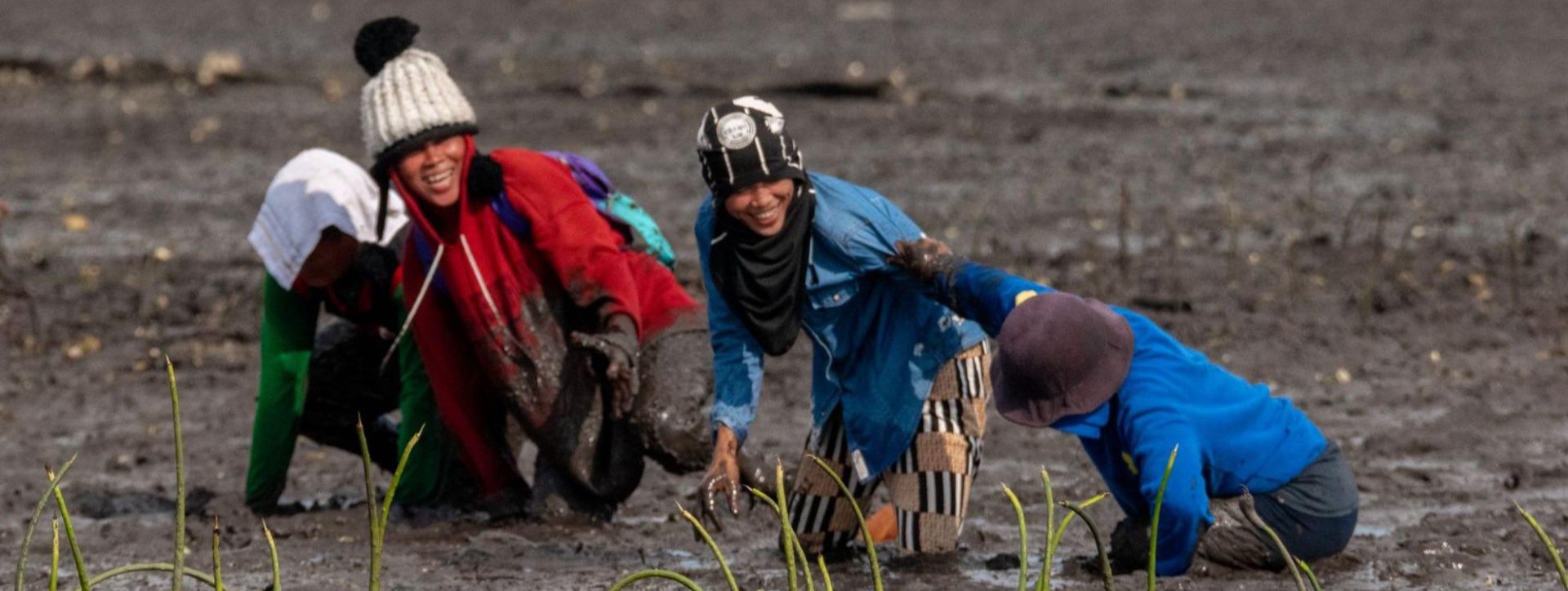
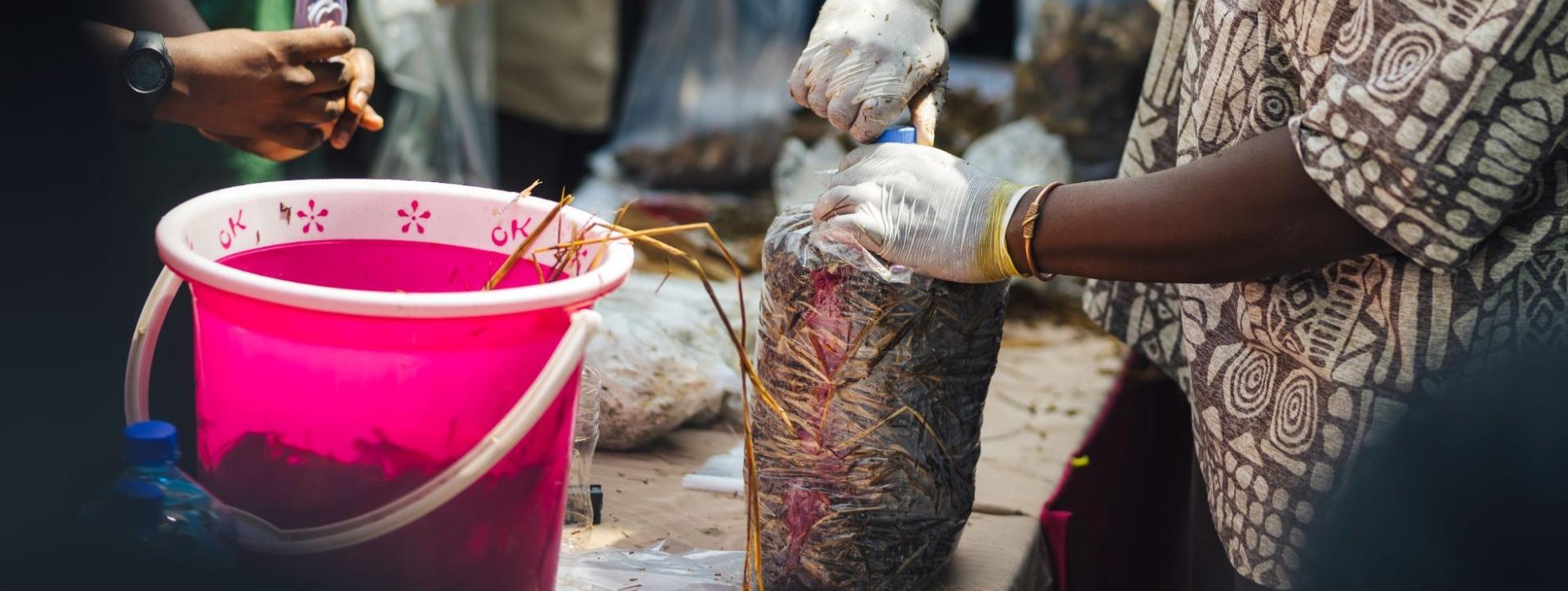
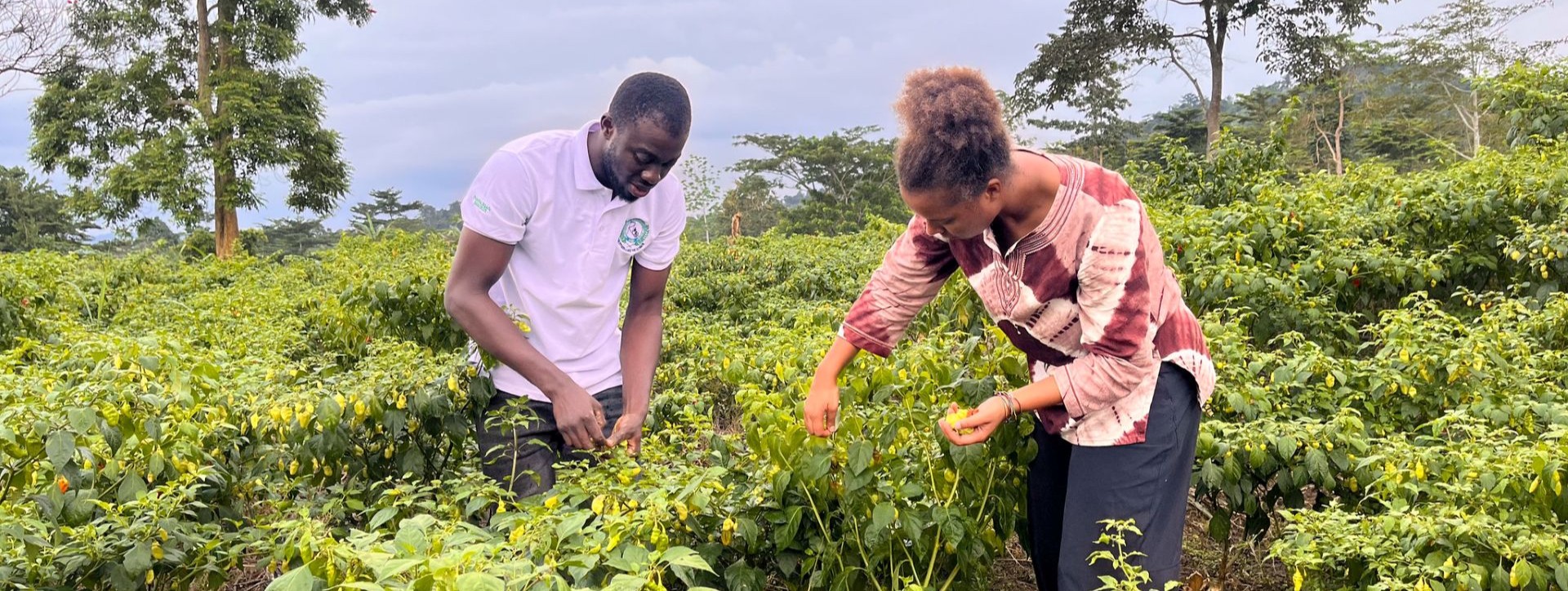
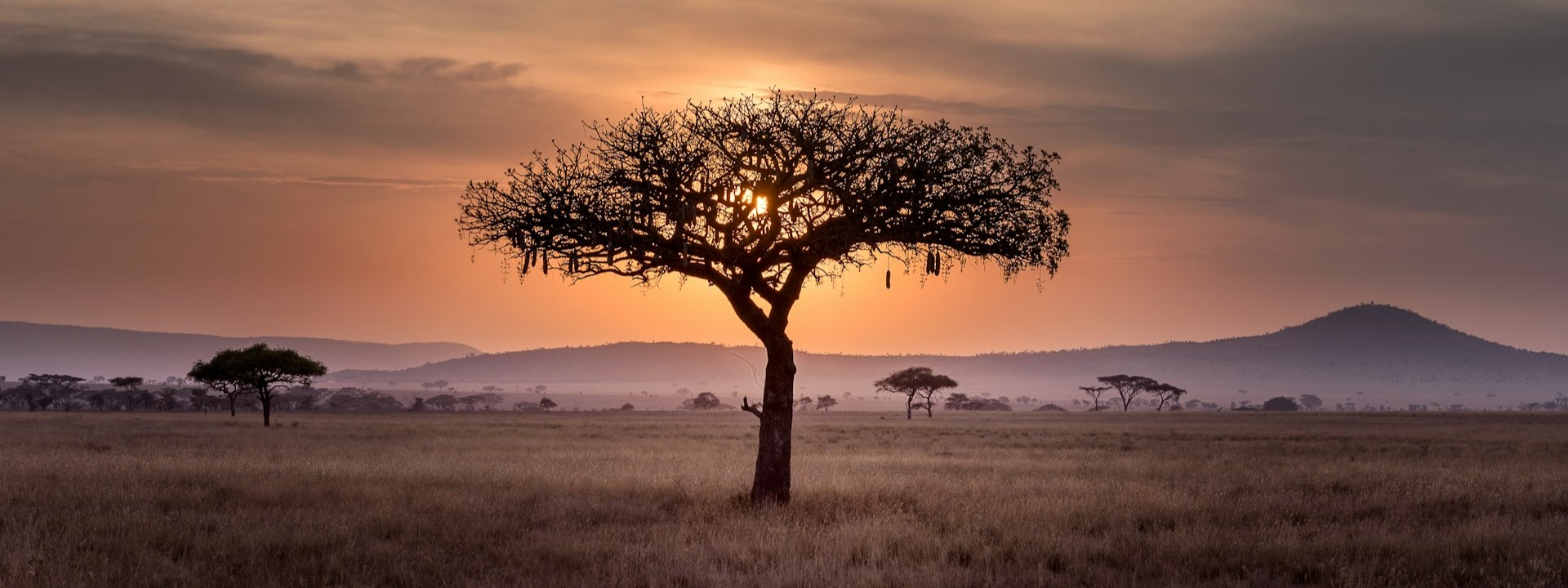
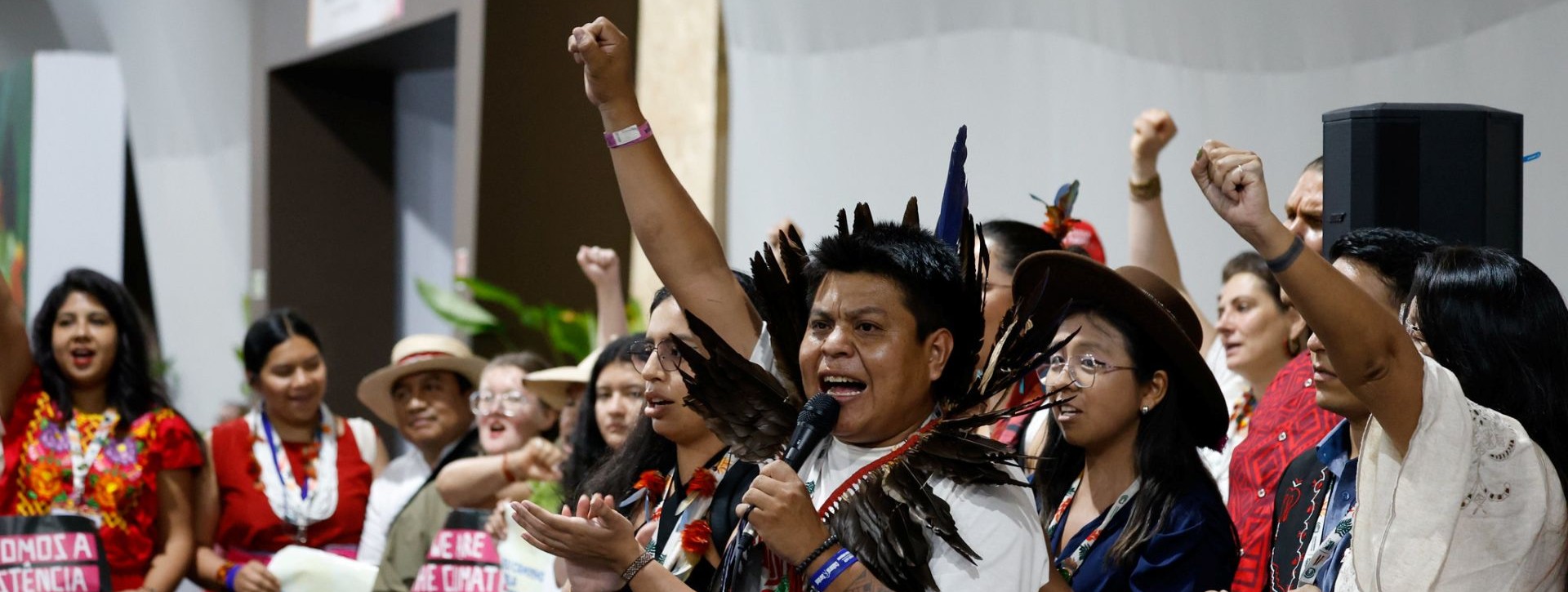
Share your thoughts with us